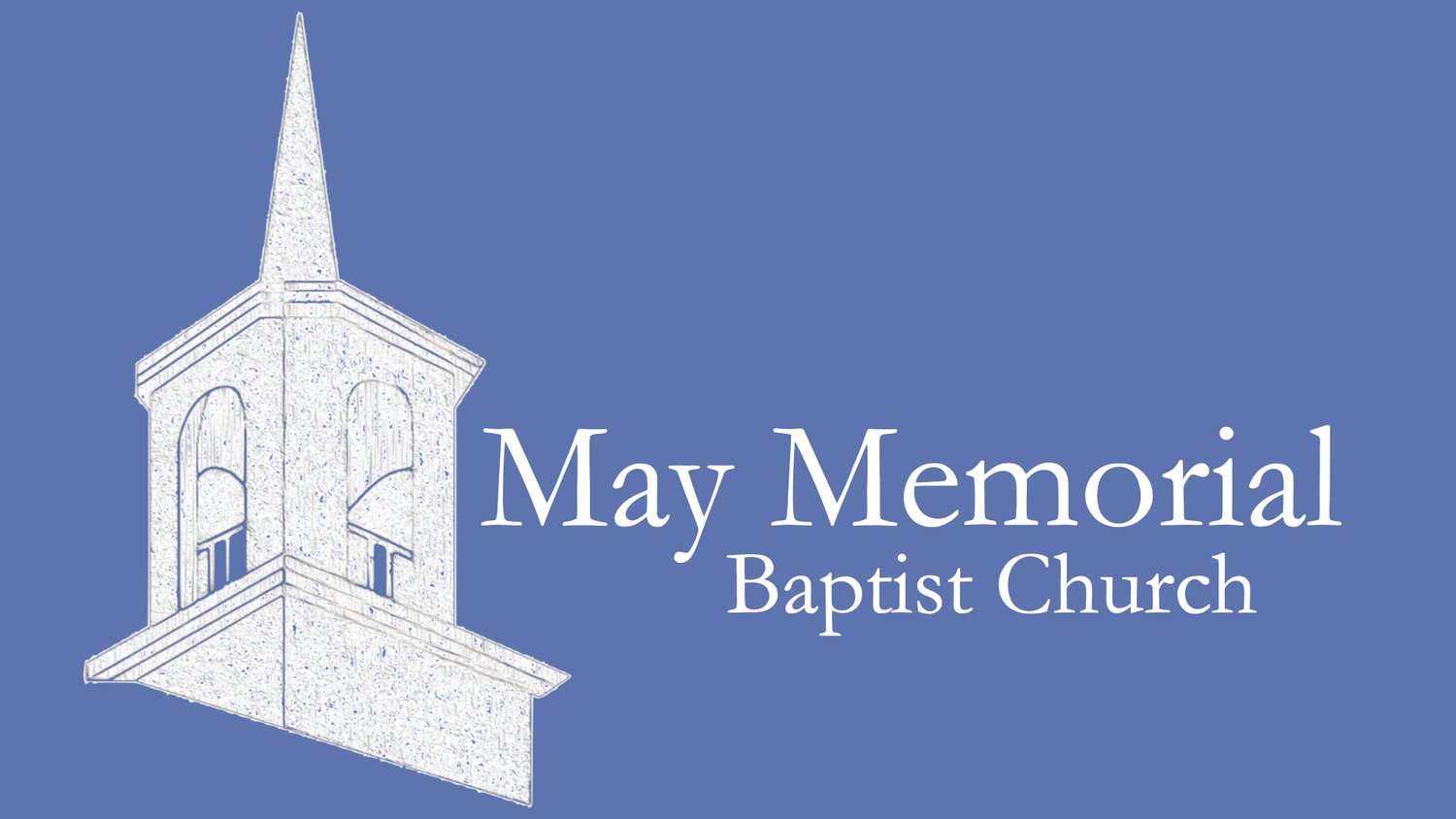In my former pastorate in North Carolina, my family and I lived in a parsonage. For those who are new to church, a parsonage is a house owned by a church in which they allow (or insist) their minister and his or her family to live at no charge while the pastor serves in that congregation. Most congregations talk about their parsonage as a “perk” to being their pastor, and the fair rental value of the parsonage is often included in the pastor’s compensation package. The parsonage that my family and I lived in for five years was a house located less than 100 feet from the church building, and it was built in the 1930’s to be that church’s parsonage. It was a large house, nearly 3,500 square feet, and for my family it was probably the largest house we will ever live in.
The neighborhood that surrounded the church was what could be termed “transitional.” On the street in front of the church and parsonage lived several church members who had purchased older homes and restored them to beautiful condition. This was Church Street, and it was a beautiful picture of small town America with tree lined streets with sidewalks and perfectly manicured lawns. Then there was the street behind the church and parsonage. On the block that backed up to the parsonage was a row of rental houses that many would describe as being owned by a “slum lord.” The houses were old and drafty, and were rented to multiple people within the same year because the routine was for people to quickly fall behind in their rent and then be evicted.
I knew many of the people who occupied these houses as some of them would regularly come asking for assistance. Some of them I liked and I had a relationship with, others were scarier individuals who would come and bother my family at the most inopportune times. It was not uncommon for someone to show up about dinner time and we would normally make them a plate of whatever we were having for dinner. Sometimes people would come early in the morning, and every once in a while they would come late at night. This was a part of life in that parsonage.
This has not been a part of my life for quite a few years. I live in a place where this never happens, and I am grateful. The peace and quiet that my family and I have at our home was new to us when we moved to Powhatan, and I value our home because it is our place of sanctuary, a place that I can step away from the needs and demands of ministry and simply be relaxed as husband and dad. My kids are safe, no hungry people wait outside of our front door, and we have never had to share our dinner with a hungry person. I love the peace, quiet, seclusion, and privacy of our home.
I understand what draws people to Powhatan, and I would imagine that escaping the uncomfortable encounters much like I experienced is a part of it. We like our solitude, our quiet, and our privacy. And at times I worry that the blessing of my home in our wonderful community numbs me to the reality of need in our world. I worry that I forget about the human needs of our world, and some days I also miss the blessing of meeting those needs.
In the Magnificat, Mary sings a song about the child in her womb setting the world right. She sings about the lowly being lifted up and the hungry being filled. She sings about a world that will be as God intended the world to be, a world of justice and equity and peace. Mary’s singing is so compelling that it invites God’s people into God’s work, not just singing but working to make God’s vision a reality.
Very often it is hard for me to see the needy people in Powhatan. The blessings of our wonderful home carry subtle risks. We risk blindness to many needs, and we risk missing the blessing of service. We all know that there are many needs in our community, needs that are often less visible than in other places. Let us pray with Mary for a restored world and let us pray that our eyes will be open to see the hurt and hunger that exists around the edges of the good place we all call home.
